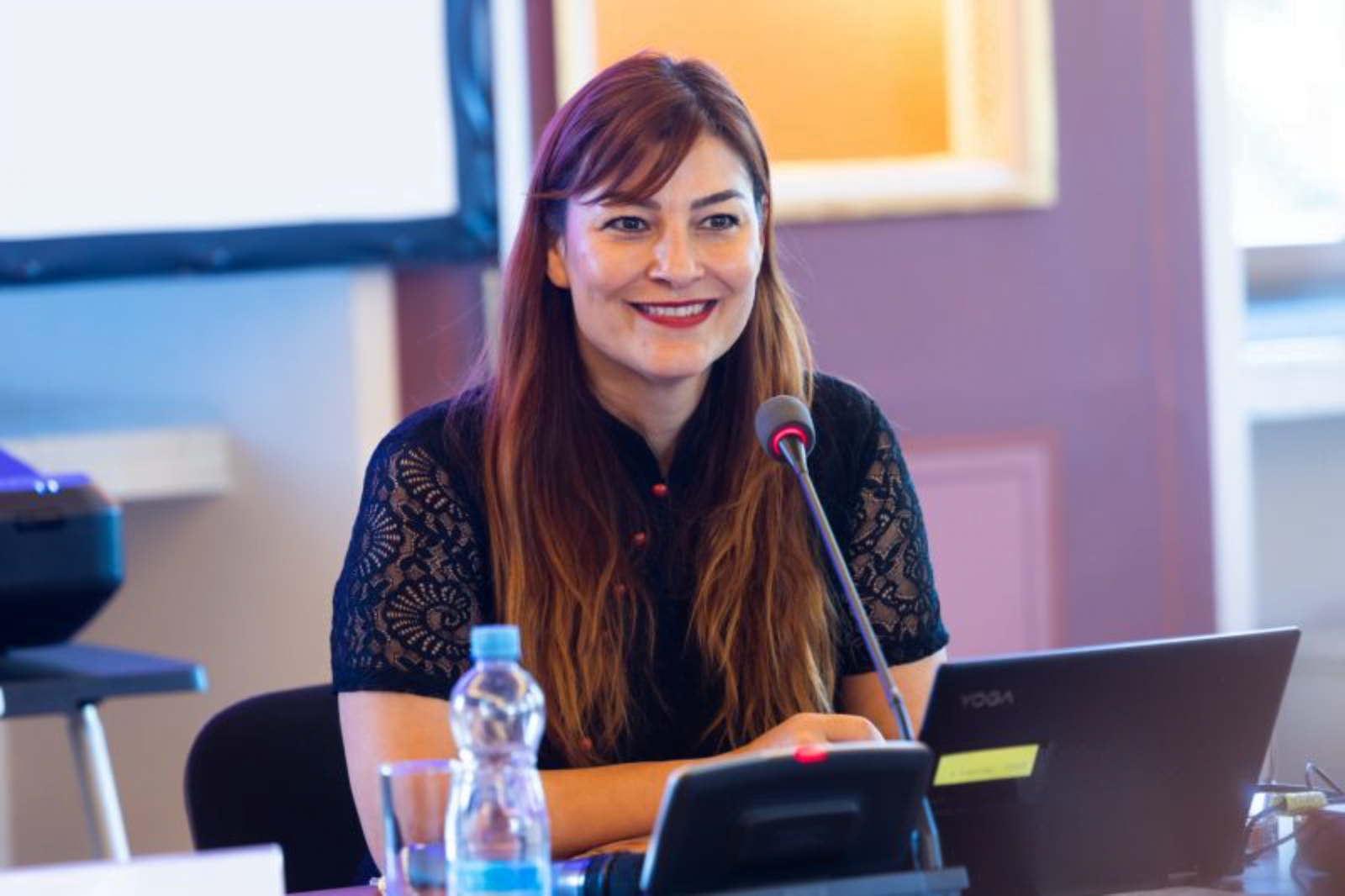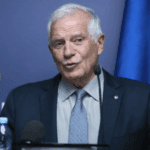The Western Balkans is facing disinformation from Russia, through which the latter tries to prevent its integration into the European Union. The spokeswoman for the European Union in Kosovo, Ioanna Lachana, says in an interview with The Geopost that in Kosovo, Russia tries to spread pro-Kremlin narratives and cast everything that is pro-Western in a negative light.
According to her, the moment this propaganda is repeated, there may be people who start to harbor anti-Western feelings.
“If information is manipulated, our public discourse is also affected. And the Western Balkans, of course, is no exception. Here too we see interference, especially from Russia, which is trying to disrupt the path of the partners of the Western Balkans, their path to the EU and the path of integration into the EU. Of course, no one can fight this phenomenon alone. No country can fight this phenomenon alone. We all have to work together, all the countries together, the defender community and of course everyone involved,” she says.
On the new US strategy to combat disinformation in Europe, especially in the Balkans, Lachana says that it includes supporting democracies, supporting free media as well as protecting human rights.
While she says that Russia’s influence is spreading throughout the region, the spokeswoman for the EU in Kosovo emphasizes that it uses different tactics. She draws attention to caution, as she points out that Russian disinformation, especially in Kosovo, can incite tensions.
“They use fake accounts, bots, they use a lot of social networks, they use a lot of artificial intelligence, but also machine translation, so that their product becomes available to more and more audiences, especially local audiences… The moment the propaganda repeated, there may be people who begin to harbor anti-Western sentiments. And in my opinion this is bad, because in Kosovo, for example, there is a lot of support for EU integration and of course a pro-Western population. Imagine what would happen if this narrative were implemented. People would be less inclined to see Kosovo as part of the European Union or to undertake the reforms needed to become a member of the EU, for example. Or we also saw propaganda related to inter-ethnic tensions that a new war could break out here. This is certainly very dangerous and can even ignite tensions”, she emphasizes.







